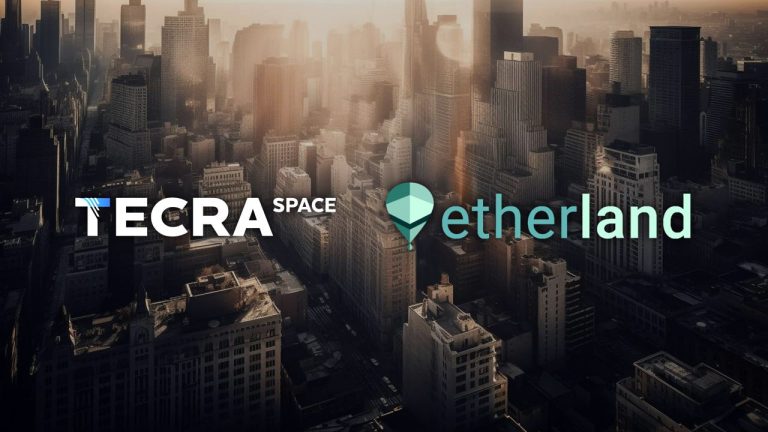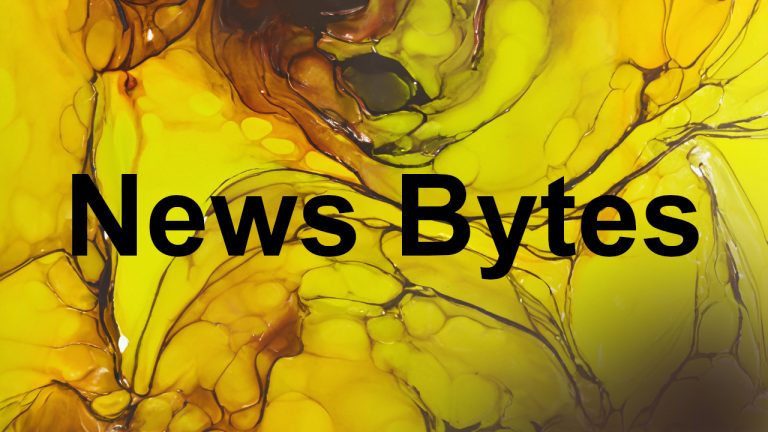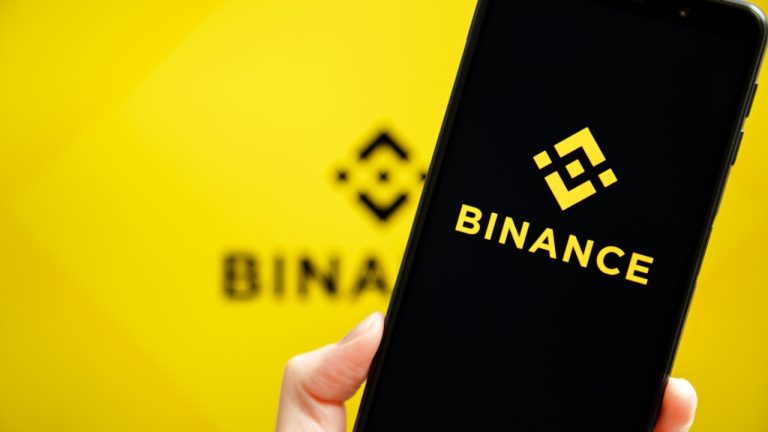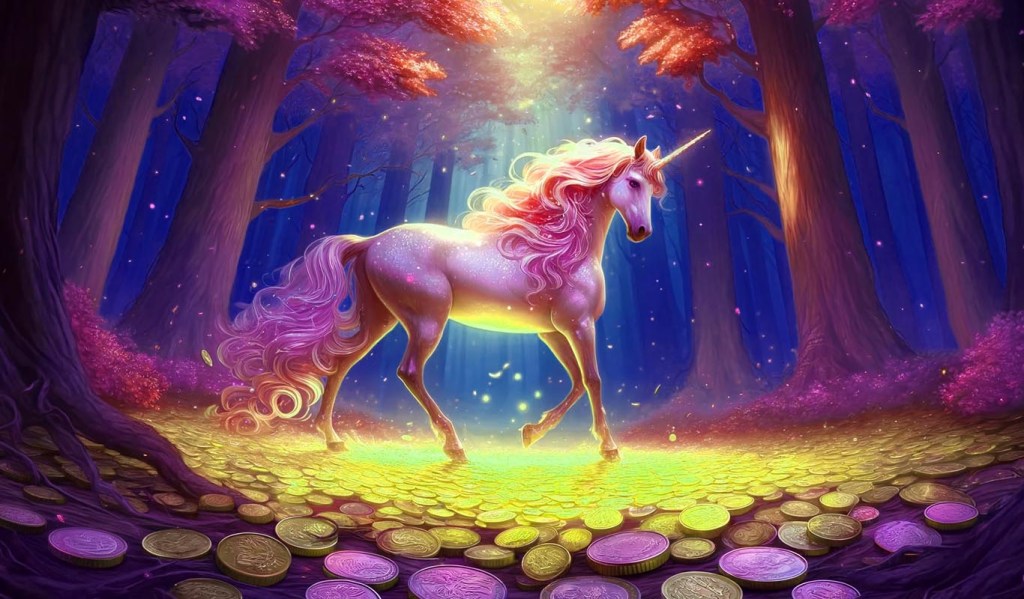
Should You Mint an NFT? A Look at This Hot Crypto Sector

HodlX Guest Post Submit Your Post
Although the trading volume of non-fungible tokens (NFTs) has fallen since its peak earlier this year, this new breed of digital assets is already making a significant impact. From Beeple’s $69 million record-breaking NFT artwork, NFT gaming items, real-world asset representations, event tickets and more, NFTs have just begun to make their impact on broader society.
Non-fungible tokens are verifiably unique tokens that cannot be freely interchanged with other tokens. Unlike Bitcoin, Ethereum and other cryptocurrencies where each unit is worth the same as any other (one Bitcoin is always worth the same as any other Bitcoin) NFTs have distinct values that vary from one another.
Even if two NFTs feature the same exact piece of art from the same artist print run, if it’s a run of 10, the first may be seen as more valuable to collectors than the third, pegging individual singular values to each token.
NFTs started taking off in 2017 with the launch of the ERC721 token standard and the introduction of the CryptoKitties NFT game, only growing since their inception.
What is worth making into an NFT?
The NFT token standard was originally only available on Ethereum, but with the rise in competing smart contract networks comes the introduction of new NFT standards. Now, users can create NFTs on a variety of networks, such as Ethereum, Wax, Flow, Binance Smart Chain, Avalanche, Solana and more. Ethereum recently saw gas fees the transaction fees necessary to conduct an operation on the network hit record highs, sometimes eclipsing over $100 each, causing many to search for other platform options. These gas fees did not impede mainstream and sought-after artists from creating, but for casual artists, collectors and fans, these gas fees were causing a substantial problem.
With NFTs only available on Ethereum, this may have been a problem for the average creator, but with layer-2 scaling solutions and competing networks available, users can shop around for the best option.
For example, by using Polygon or Binance Smart Chain, it only costs a few cents (or less) to create an NFT, making it economically feasible for anyone to create an NFT of any type. Even if they do not end up selling it or realizing its value, the barrier to entry is nominal. With the introduction and push towards cross-chain technology, users will also soon be able to transfer their NFTs across different native blockchains, making NFTs even more leverageable and efficient. With these options, NFTs are available to all, not just high-end artists and creators.
What are NFTs worth (and other vital questions)
With such a new asset class and artistic medium of expression, it can sometimes be hard to quantify the value of an NFT if a real-world asset doesn’t back it. The easiest but possibly unsatisfying description is that an NFT is worth whatever the open market is willing to pay.
For an artist like Beeple or a collaboration with a famous celebrity, this can translate to hundreds of thousands if not millions of dollars. However, while not all pieces by these creators will command the same prices, it’s safe to say that they will maintain some level of value due to their desirability and collector base.
For new creators, it can be much harder to value an NFT. A lot depends on the artistic creation itself, or what the NFT represents to the buyer. For example, if it’s an NFT representing a rare gaming item, it could feature a very high price tag and sell almost instantly while a more common variant of the same item could sell for next to nothing. With NFTs, value is still highly speculative and is driven primarily by market demand, scarcity, creator notoriety and usability, with many other influential features as well.
As far as taxes go, for the most part, NFTs will be considered as regular assets. This means that your taxing authority may tax you with short or long-term gains depending on how long you own the NFT before selling it. This also goes for creating an NFT. You will be taxed on the ‘profit’ generated from the transaction, even if it means trading for another NFT. If you own an NFT you bought for $100 and trade it for a new one worth $150, you have to pay taxes on the $50 gains you made in the transaction. You would then start with a new tax basis for the $150 NFT. With ownership rights clearly defined in NFTs, determining the tax burden is relatively straightforward and can be handled by any qualified accountant.
Can NFTs impact businesses?
Like artists and content creators, businesses can also use NFTs to connect with their audience. Whether it be digital collectibles, gaming items, coupons, vouchers, redeemables and more, NFTs give businesses a way to reimagine customer interactions and rewards. NFTs have already seen popularity among a variety of chains, and this should continue to grow over time as NFTs become more pervasive and available use cases expand to new heights.
Summary
All in all, although we may have experienced the first NFT boom and bust cycle, the hype and capabilities around NFTs has just begun. They are becoming more accepted and accessible by the day, and users of all types from regular artists and gamers, to celebrities, athletes, and businesses are getting on board. NFTs present a new way to digitally package and verify a unique asset with the token owner retaining total sovereignty something previously impossible on the internet. With NFTs, the world is beginning to wake up to what unique digital assets represent.
Ori Levi, CEO at NFTrade, Bitcoiner and cryptocurrency enthusiast since 2012
Follow Us on Twitter Facebook Telegram
Disclaimer: Opinions expressed at The Daily Hodl are not investment advice. Investors should do their due diligence before making any high-risk investments in Bitcoin, cryptocurrency or digital assets. Please be advised that your transfers and trades are at your own risk, and any loses you may incur are your responsibility. The Daily Hodl does not recommend the buying or selling of any cryptocurrencies or digital assets, nor is The Daily Hodl an investment advisor. Please note that The Daily Hodl participates in affiliate marketing.
Featured Image: Shutterstock/LEOVIN/Sashkin
The post Should You Mint an NFT? A Look at This Hot Crypto Sector appeared first on The Daily Hodl.
Go to Source
Author: Ori Levi








